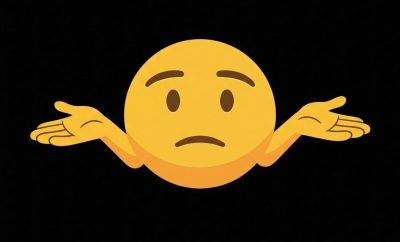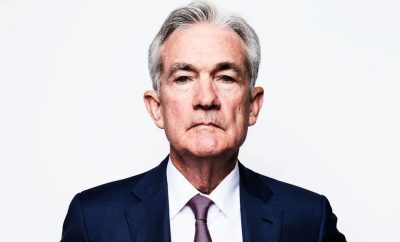
Where does expert power come from?
Leaders often must rely on experts in their decision-making process, but they cannot always count on receiving unbiased advice. Steven Callander, Nicolas Lambert, and Niko Matouschek write that decision-makers do not have to avoid experts but must understand where their power comes from. They find that expert power comes not from their recommendations, but from the extra information they provide, which changes what decision-makers believe about the other options available.
In every aspect of life, we are at the mercy of experts. Whether it is a patient getting advice from a doctor, a CEO monitoring her direct reports, a policymaker receiving advice from a bureaucrat, or even when we are being prodded with recommendations by Netflix, in all aspects of life there are others who hold valuable information that can help us make the important (as well as the unimportant) decisions.
This reality has long been noted among students of bureaucracy and organisations. As the father of sociology, Max Weber, remarked, “Under normal conditions, the power position of a fully developed bureaucracy is always overtowering. The `political master’ finds himself in the position of the ‘dilettante’ who stands opposite the ‘expert’.”
So how can we make better decisions? How can a leader harvest the expertise within her organisation to make better decisions? In the information age, a failure to use information efficiently is a death knell for any organisation.
It would be wonderful if we could rely on expert advice to be impartial and fair. The world is complex enough without worrying about the distortions of experts. There is so much unknowable uncertainty about the world. The last thing we need is for the advice we receive on things that are knowable to be distorted, hidden, or twisted by an expert.
Συνέχεια ανάγνωσης εδώ
Πηγή: blogs.lse.ac.uk




